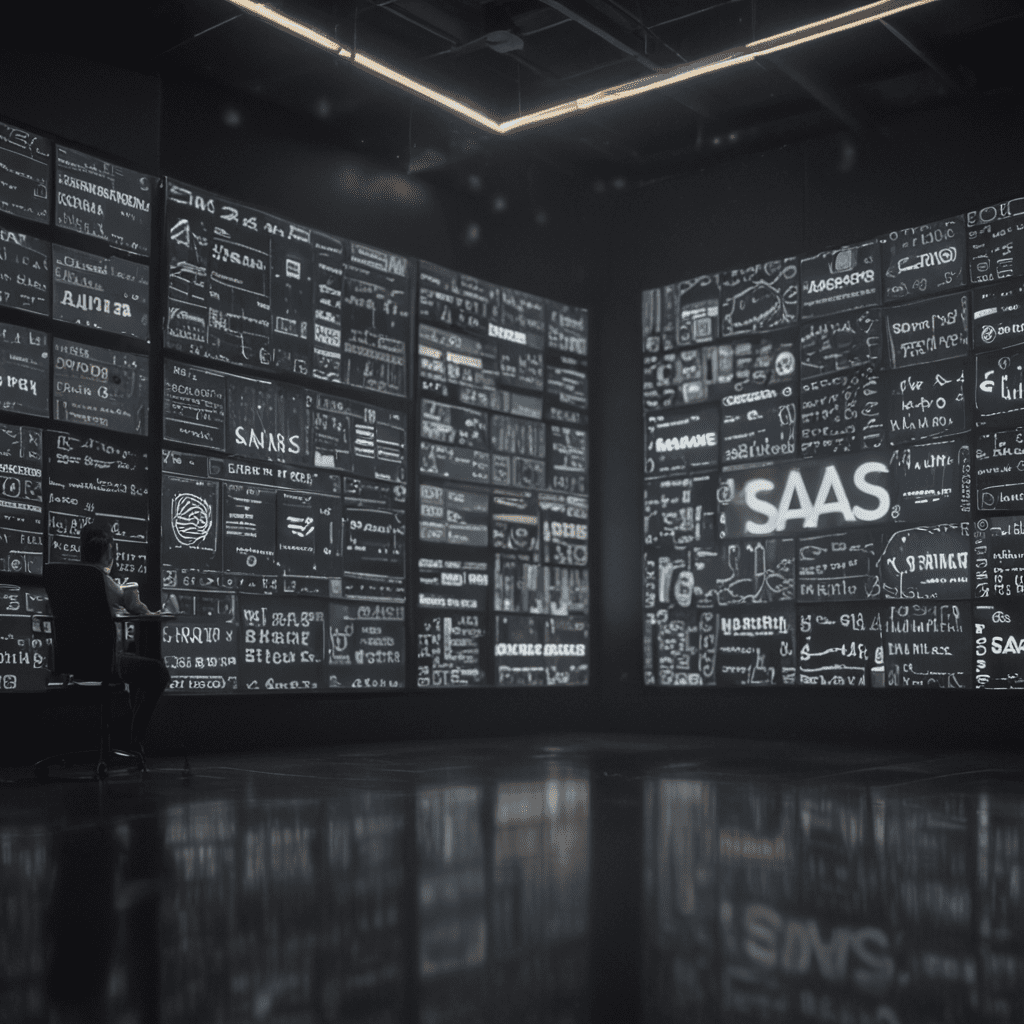
SaaS for HR: Improving Employee Engagement and Retention
Introduction
In today's competitive job market, retaining and engaging employees is paramount for businesses seeking sustained growth and profitability. Software-as-a-Service (SaaS) for HR has emerged as a transformative solution, providing organizations with robust tools and capabilities to enhance employee engagement and foster a positive workplace culture.
Benefits of HR SaaS for Employee Engagement
SaaS for HR offers numerous benefits in promoting employee engagement:
Personalized Employee Experience: SaaS platforms enable HR professionals to tailor experiences for each employee, considering their individual needs, preferences, and career aspirations. This creates a sense of value and belonging, boosting engagement levels.
Enhanced Communication and Collaboration: SaaS solutions facilitate seamless communication and collaboration between employees, managers, and HR teams. Social intranets, discussion forums, and instant messaging features foster a sense of community and encourage open dialogue.
Empowerment and Self-Service: SaaS platforms empower employees with self-service options, such as accessing pay stubs, submitting time-off requests, and managing performance goals. This provides them with greater control and autonomy, fostering self-motivation and engagement.
Key Features of HR SaaS for Engagement
Effective HR SaaS solutions for engagement typically include key features such as:
Employee Surveys and Feedback Mechanisms: Tools to gather regular employee feedback, identify areas for improvement, and measure the impact of engagement initiatives.
Goal Setting and Performance Management: Features that enable employees to set clear and aligned goals, track progress, and receive feedback from their managers.
Recognition and Rewards Systems: Mechanisms for recognizing and rewarding employee accomplishments, boosting morale and creating a culture of appreciation.
Impact of HR SaaS on Employee Retention
Engaged employees are more likely to stay with their organizations, leading to improved retention rates. HR SaaS can have a significant impact on employee retention by:
Creating a Positive Work Environment: Engaged employees feel valued and supported, reducing turnover and increasing job satisfaction.
Attracting and Retaining Top Talent: A strong employer brand and positive employee reviews can attract and retain high-performing professionals.
Reducing Recruitment Costs: By improving retention, HR SaaS reduces the need for costly recruitment and onboarding processes.
6. Case Studies and Success Stories
Numerous organizations have experienced transformative results by implementing HR SaaS solutions for employee engagement. For instance, Accenture reported a 10% increase in employee engagement and a 5% reduction in turnover after adopting a comprehensive HR SaaS platform.
7. Best Practices for Implementing HR SaaS for Engagement
To maximize the benefits of HR SaaS for employee engagement, organizations should follow these best practices:
- Establish Clear Goals: Define specific engagement objectives and align them with the overall business strategy.
- Secure Executive Buy-In: Ensure that top management understands and supports the initiative.
- Involve Employees: Seek feedback from employees during the implementation process and incorporate their suggestions where feasible.
- Provide Training and Support: Offer comprehensive training and ongoing support to employees and managers to ensure successful adoption.
8. Challenges and Pitfalls to Avoid
Organizations may face certain challenges and pitfalls when implementing HR SaaS for engagement:
- Data Overload: Ensure that the platform provides actionable insights and avoid overwhelming users with excessive data.
- Integration Issues: Seamlessly integrate the HR SaaS with existing systems to avoid data silos and streamline processes.
- Resistance to Change: Prepare for employee resistance and actively address any concerns or apprehensions.
9. Future Trends in HR SaaS for Engagement
The future of HR SaaS for engagement holds promising trends:
- AI-Powered Analytics: Artificial intelligence (AI) will enhance analytics capabilities, providing personalized insights and predictive recommendations.
- Employee Experience Platforms: Integrated platforms will combine various HR functions, such as talent management and learning and development, to create a holistic employee experience.
- Mobile-First Design: SaaS platforms will prioritize mobile-first design, enabling employees to engage on the go.
10. Conclusion
HR SaaS is revolutionizing employee engagement and retention. By providing organizations with robust tools and capabilities, SaaS platforms help foster a positive work environment, empower employees, and enhance communication and collaboration. By embracing these solutions and following best practices, organizations can drive higher levels of employee engagement, improve retention, and ultimately achieve greater business success.
FAQs
Q: What are the key features of effective HR SaaS for employee engagement?
A: Employee surveys and feedback mechanisms, goal setting and performance management, recognition and rewards systems.
Q: How can HR SaaS impact employee retention?
A: By creating a positive work environment, attracting and retaining top talent, and reducing recruitment costs.
Q: What are the best practices for implementing HR SaaS for engagement?
A: Establish clear goals, secure executive buy-in, involve employees, and provide training and support.
Q: What are some challenges organizations may face when implementing HR SaaS for engagement?
A: Data overload, integration issues, and resistance to change.

